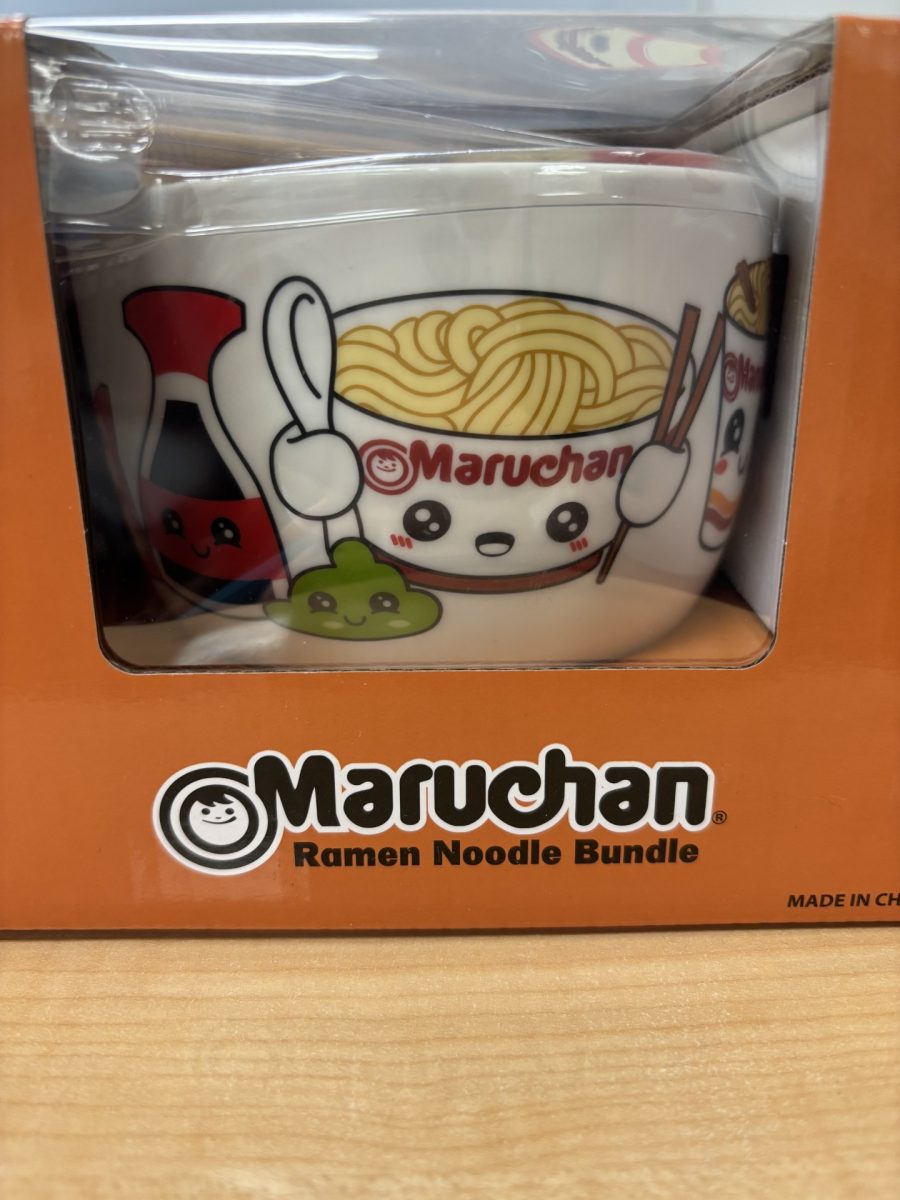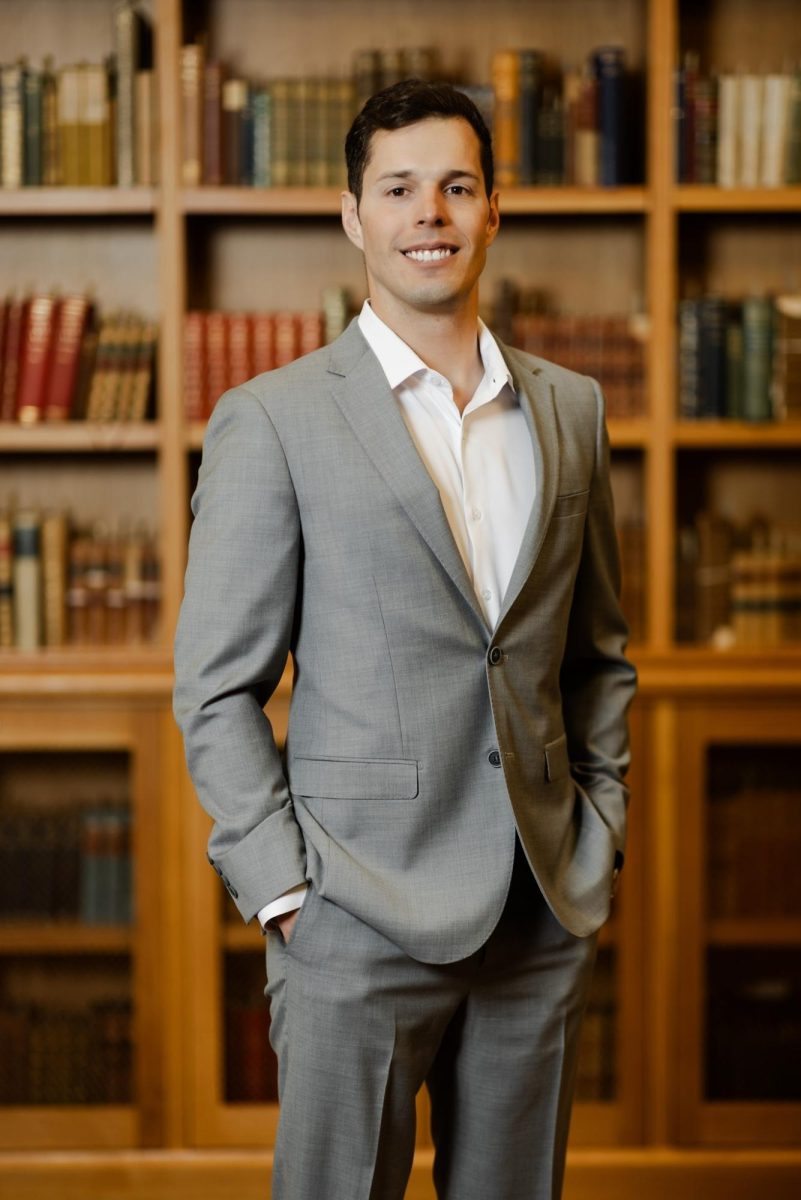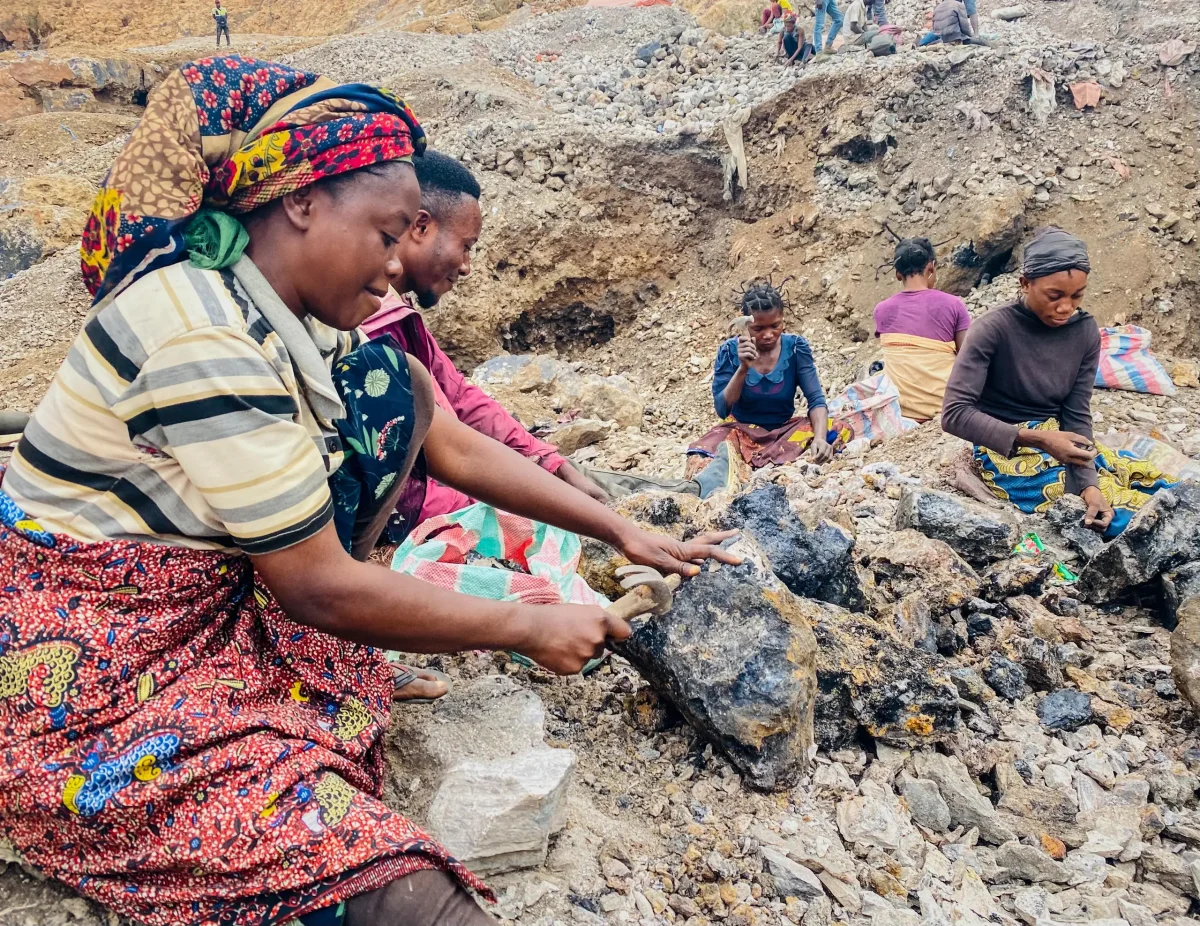The newly released documentary, Brandy Hellville & the Cult of Fast Fashion, has brought with it a conversation that has been overlooked for far too long: What’s happening behind closed doors at the popular clothing store Brandy Melville.
Eva Orner, Australian Academy and Emmy Award-winning producer and director is the mind behind this documentary. Some of her most well-known films include Untold Desires, Strange Fits of Passion, Taxi to the Dark Side, and Gonzo, The Life and Work of Dr. Hunter S. Thompson.
Silvio Marsan and his son Stephan founded Brandy Melville in the early 1980s in Italy, opening their first store in the United States in 2009. The name “Brandy Melville” is inspired by a tale of a young American girl “Brandy” and an older Englishman “Melville” who fell in love in Rome. This brand markets fast fashion and accessories to teenage girls and young women, establishing a simple “European/ basics/ coquette” style of clothing. Across Europe, Asia, Canada, Australia, and on the brand’s website, clothes are sold– only furthering the Malibu-teenage-girl theme that is so widely associated with the stores.
One of the most notable aspects of this brand is its size exclusivity– yes, you heard that right: exclusivity. Commonly referred to as the store that carries one size only, it has a significant spotlight in the public eye for its controversial sizing options, even becoming a viral TikTok trend to film friends trying to squeeze through small areas captioned as “the Brandy Melville store entrance”. These entrances include the actual Brandy Melville store entrances and slowly began morphing into other places you would have to “squeeze” through, like desks that are close together.
This documentary further delves into the racial, sexist, and toxic body-positive themes in today’s society– many of which are swept under the rug. It covers the lack of range in the employees who are as young as 14, with the majority of them being skinny white girls.
Additionally, many of these employees were requested to be pictured in the clothes for the store’s website. This sometimes brought forth a mindset that by trying on these specific clothes/ removing their top to have their tank top or t-shirt pictured, they would make more money. Seemingly forcing these girls to model these clothes is technically illegal as many of them don’t have work permits (for the underaged girls).
As we consider her work in the documentary space with this Brandy Melville production, it is important that we also consider other documentaries involving this topic. Especially those that paved the way for this type of filmmaking. White Hot: The Rise & Fall of Abercrombie & Fitch, is another documentary film that delves into the all-American, diversity-lacking image they presented to the world.
White Hot is a documentary that discusses the controversial history and evolution of the Abercrombie & Fitch brand. The film explores the rise of the iconic retailer, known for its preppy aesthetic and sexually charged marketing campaigns, as well as its eventual fall from grace due to various scandals and shifting consumer attitudes. It highlights the company’s emphasis on exclusivity and its targeting of a specific demographic, particularly young, attractive individuals. Additionally, the documentary examines the criticism Abercrombie & Fitch faced for its lack of diversity and inclusion, as well as its controversial CEO, Mike Jeffries, whose comments stirred public outcry. “In every school, there are the cool and popular kids, and then there are the not-so-cool kids,” he says. “Candidly, we go after the cool kids. We go after the attractive all-American kid with a great attitude and a lot of friends. A lot of people don’t belong [in our clothes], and they can’t belong. Are we exclusionary? Absolutely. Those companies that are in trouble are trying to target everybody: young, old, fat, skinny. But then you become totally vanilla. You don’t alienate anybody, but you don’t excite anybody, either.” This was Jeffries, in an interview with LiveAbout in 2013 Quotes from Mike Jeffries, former Abercrombie & Fitch CEO. Overall, “White Hot” offers a comprehensive look at Abercrombie & Fitch’s journey from a cultural phenomenon to a cautionary tale.
The documentary traces the origins of Abercrombie & Fitch from its beginnings as an upscale sporting goods retailer in the late 19th century to its transformation into a youth-focused fashion powerhouse in the late 20th century. It highlights the brand’s successful repositioning under CEO Mike Jeffries in the 1990s when it became synonymous with a certain aspirational lifestyle associated with affluent, attractive youth
One of the key aspects explored is Abercrombie & Fitch’s controversial marketing strategies, which often featured scantily clad models in provocative poses. The documentary examines how these sexually charged campaigns contributed to the brand’s allure among its target demographic but also sparked criticism and accusations of promoting unrealistic body standards and objectification.
Through their exploration of brands like Brandy Melville and Abercrombie & Fitch, these documentaries shed light on the consequences of prioritizing exclusivity, sexualized marketing, and discriminatory practices. They highlight the damaging effects of promoting unrealistic body standards and perpetuating exclusionary attitudes within the fashion industry. Ultimately, these documentaries serve as wake-up calls, urging consumers to reconsider their support for brands that prioritize profit over ethical and inclusive practices. By sparking conversations about accountability and fostering greater awareness of the systemic issues within the fast fashion industry, these documentaries have the power to drive positive change and encourage a more sustainable and equitable approach to fashion consumption.












